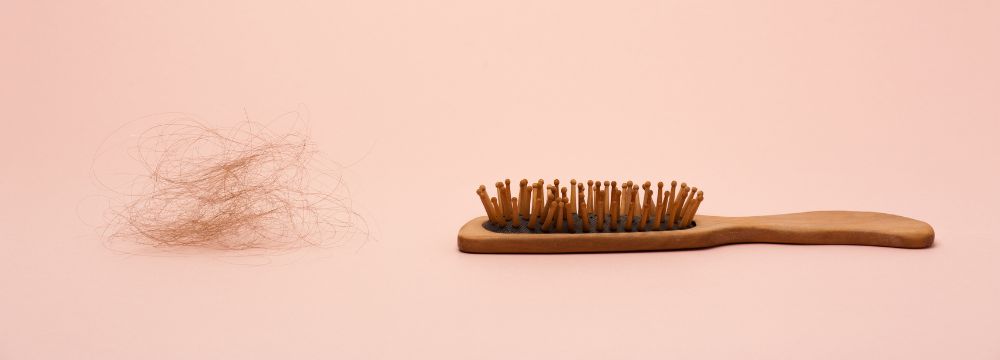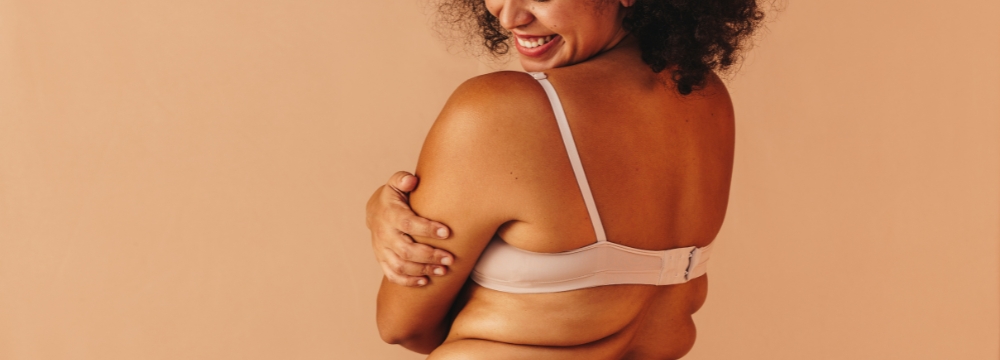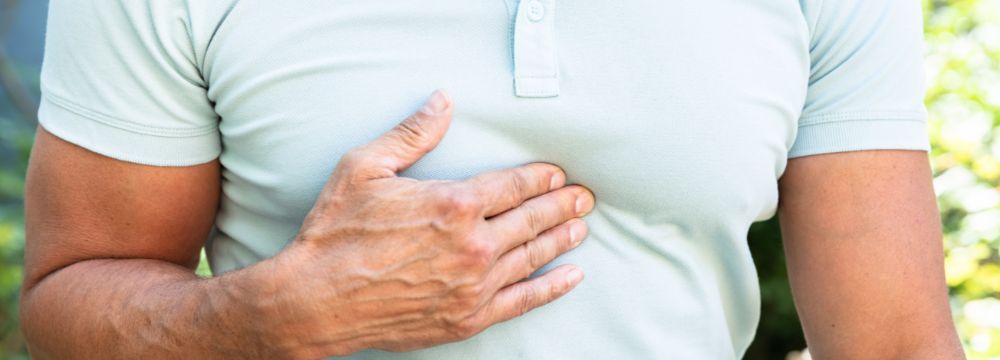After Bariatric Surgery
The possibility of hair loss is something that we try to impress upon our patients, but even so, it can be very distressing when their hair begins to fall out after bariatric surgery. Hair loss is a common but temporary side effect of having a major surgical procedure followed by significant dieting. So, let’s talk about what this hair loss means and how soon we expect the hair to regrow
Note: Hair growth may not return for patients already experiencing hair loss conditions, such as androgenic alopecia or male pattern baldness. Ultimately, genetics trump any nutritional intervention, so some male patients with thinning hair should bear this in mind.
The Hair Loss Cycle
We lose and ultimately regrow millions of hairs, and the cycle of loss and regrowth is constant throughout our lives. However, certain situations can cause the resting phase of hair to extend and the growth phase to shrink. One of those is a traumatic event, like surgery, where the nutrients in the body are diverted to the healing process rather than less life-essential functions like hair growth. Remember, everything requires energy to grow, even hair, so the body must prioritize. Even once you have recovered from surgery, your body is not quite balanced because you consume fewer calories. This caloric restriction is essential for longer-term weight loss, but it also means your body has less energy for its hair regrowth cycle. Combining these factors means that many patients will lose the most hair around the 3 to 6-month mark after surgery.
What You Can Do
Let’s start with what not to do. Don’t panic, and don’t go out looking for hair growth remedies. Ultimately, this hair loss is temporary, and the hair will regrow in time. You may not love how your hair looks over the next few months, but it’s a small price to pay when you think of the transformation that your body is making. With that said, there are several things that you can do to promote hair growth.
First, remember that hair growth is very dependent on your protein intake. Ensure you eat your prescribed amount of protein through foods or protein shakes daily. This helps maintain muscle mass as you lose weight and reduces hair loss. It also keeps you full and enables you to lose additional weight.
There are plenty of natural topical remedies that can help you regrow hair. Rosemary oil and pumpkin seed oil are both known to do this. In addition, keeping your scalp moist and healthy allows hair follicles to be at their best and keep the hair healthy. Just be sure to use essential oils and other home remedies appropriately, as some can cause scalp irritation if not diluted.
This can be a great time to seek products advertising volume and hair shaft strengthening. Though these products only create the impression of thicker hair, they may be a perfect bridge until your new hair starts regrowing.
Last but not least, remember that stress can, in and of itself, cause hair loss. Don’t derail your excellent progress by worrying about a non-issue.
The Bottom Line
You will likely lose some hair after bariatric surgery. Remember that major surgery is traumatic to the body, and it must adapt to heal appropriately. Further, significant caloric restriction diverts nutrients to the most critical parts of the body, like the brain, eyes, heart, vascular system, and reproductive system, while limiting the nutrient allocation to less critical functions like hair growth. The combination means that many patients will have to deal with thinning hair for a while after surgery. Assuming there’s no genetic reason behind it, this is temporary, and when patients resume a more normal diet and lifestyle, their hair will regrow. In the meantime, if you have any questions or concerns, never hesitate to contact our office.










